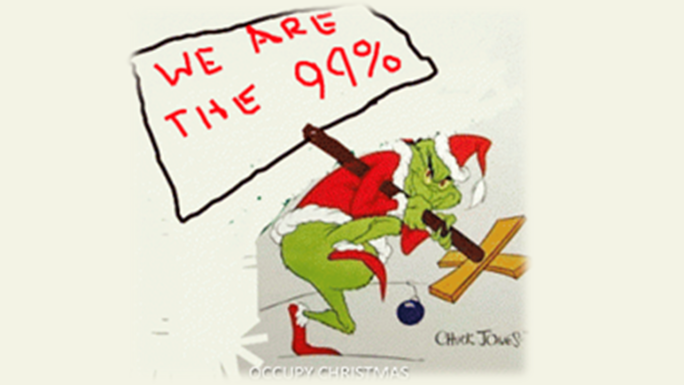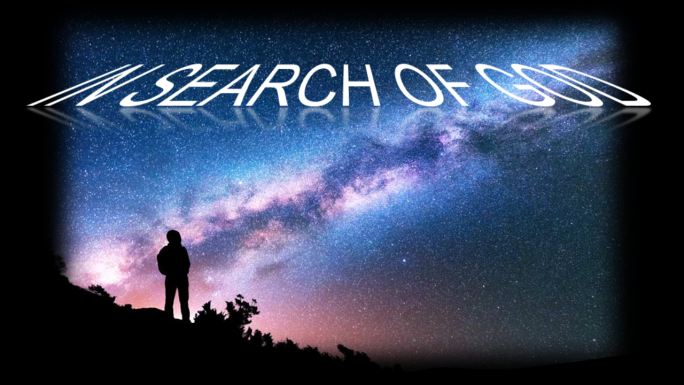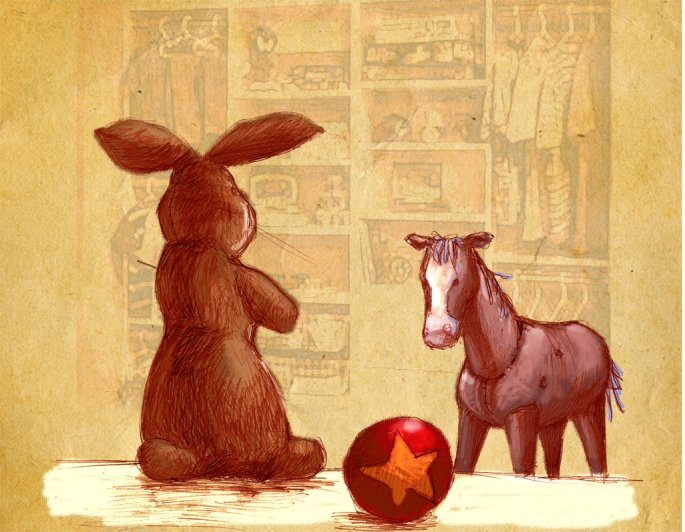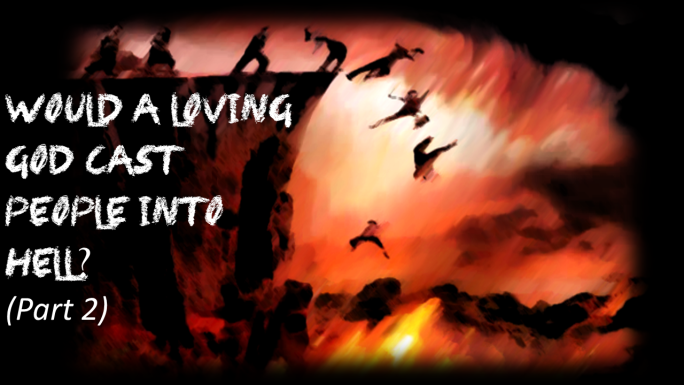 THE QUESTIONS PROJECT: Q & A WITH CHRISTMAS-HATERS.
THE QUESTIONS PROJECT: Q & A WITH CHRISTMAS-HATERS.
WAS JESUS BORN ON DECEMBER 25?
No. If we put together all the sleuth work of Biblical scholars, Jesus was probably born in the spring, closer to the time of Easter. I have to admit, the possibility that Immanuel was born around Easter, which is also Passover, adds some beautiful symmetry to Scripture! December 25th is simply a time to celebrate this miraculous event.
ISN’T CELEBRATING CHRISTMAS NOTHING MORE THAN A CHURCH TRADITION?
There’s no question that churches (and cultures) certainly hold their Christmas traditions dear. We certainly won’t find Christmas trees, gift-giving, cards, plays, or cantatas in the Bible. It is human nature to connect tangible icons to our celebrations. It is really, only wrong when it detracts from the true reason, which is the only real and true fact of Christmas; God came among us to save us. Just as promised.
WHAT IS CHRISTMAS…REALLY?
Christmas is the observation and celebration of a very old promise. The concept of an anointed One coming to redeem humanity goes back as far as King David. (Psalms 2 and 110) So that would make the promise 1000 years old by the time of Jesus the Christ. Christmas revolves around the singular idea that God would be born as one of us. What makes it really unique is that, rather than the usual religious focus of our sacrifice to a god; God sacrificed Himself for us.
WHY IS THERE CHRISTMAS?
In the economy of God’s justice, there must be perfect sacrifice for the imperfect nature of sin. -Or righteousness to cover unrighteousness. Since God alone is perfect, God had to be the once-and-for-all sacrifice. Since humanity is guilty of sin, the sacrifice also had to be human. The sacrifice would be fully man and fully God. Some 4 centuries before Christ, we find prophecies pointing to this:
Isaiah 7:14
the Lord himself will give you a sign. Behold, the virgin shall conceive and bear a son, and shall call his name Immanuel.
Immanuel means “God with us”, or “God among us.”
ISN’T CHRISTMAS A PAGAN HOLIDAY?
Yes and no. The time of Christmas revolves around the winter solstice. (One of two points at which the sun is highest or lowest on the horizon, depending which hemisphere you’re in.) This celestial event has been an important observation in many ancient religions. In short, the ancient Roman Catholic Church latched on to it as a great time to remember the birth of Christ and push aside some heathen thinking in the process. But like every other day, it is what you make it. God gives us that freedom of will. One thing this day affords, is an opportunity to speak Christ into our culture in a way Christians rarely get the chance.
By the way did you know “Christian” means “little Christ”? Christmas will happen regardless of the haters. And we certainly have enough Grinches (religious & nonreligious) so why not make it meaningful and be a “little Christ” this year? Anyway, it’s certainly food for thought.
This article was inspired by a great little piece by Jesse Johnson, teaching pastor at Immanuel bible Church, VA. You can read his responses at: https://thecripplegate.com/7-questions-from-christmas-haters/ .


 At a get-together of pastors, one of my colleagues offered a great devotional. He reminded us of a classic children’s story with a profound message. With his permission, I am offering a version that was shortened to fit our local community paper. Enjoy!
At a get-together of pastors, one of my colleagues offered a great devotional. He reminded us of a classic children’s story with a profound message. With his permission, I am offering a version that was shortened to fit our local community paper. Enjoy!